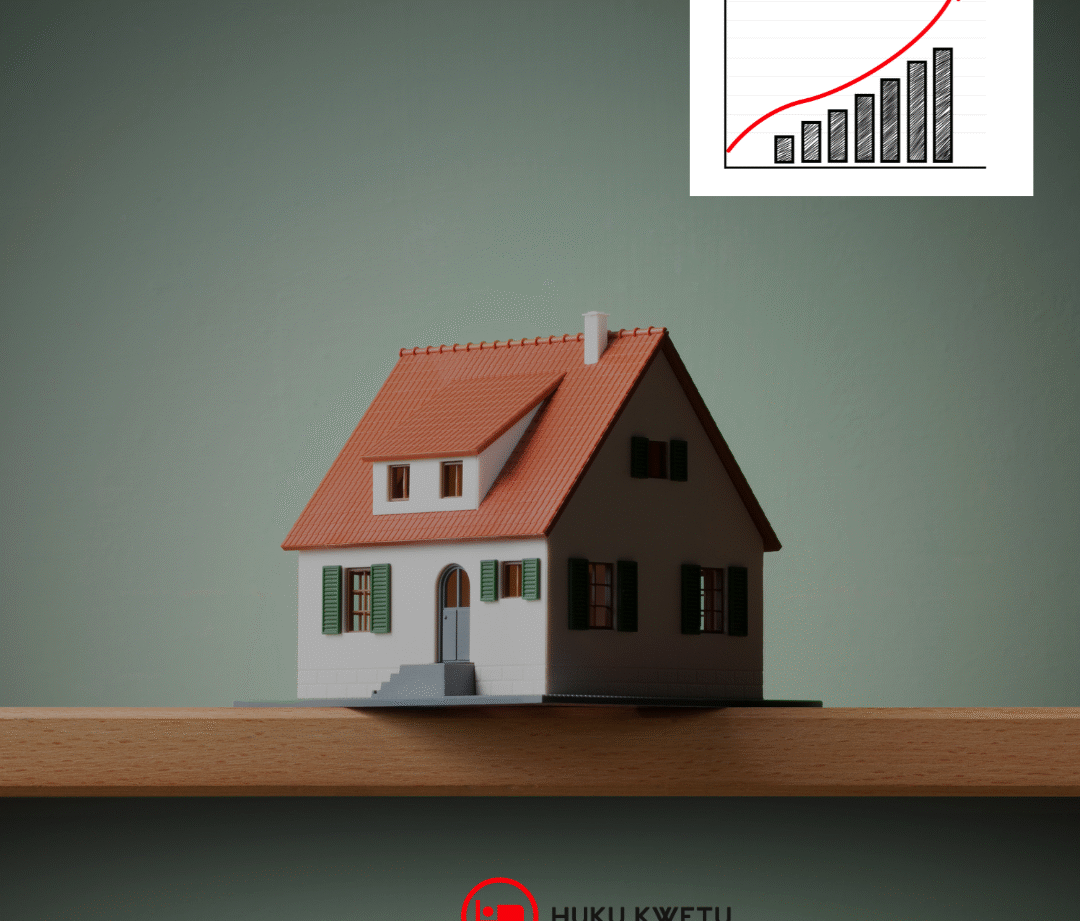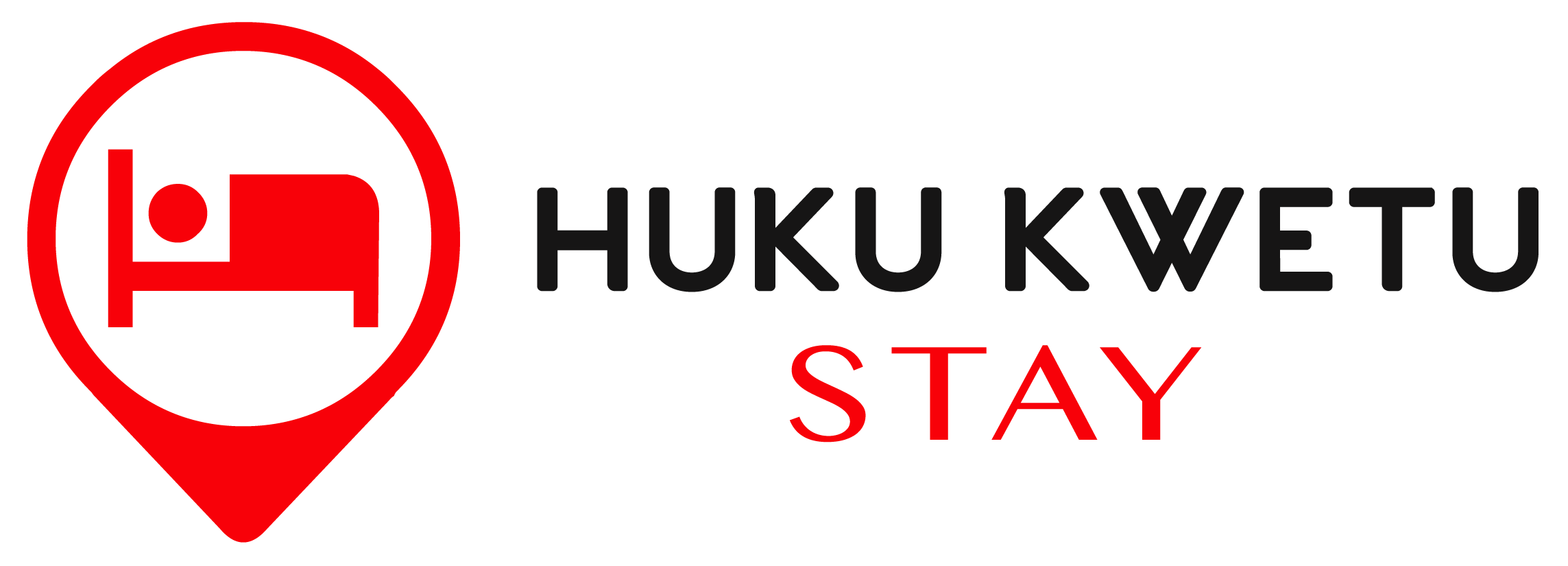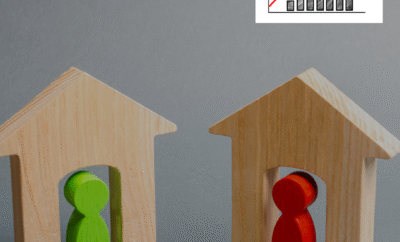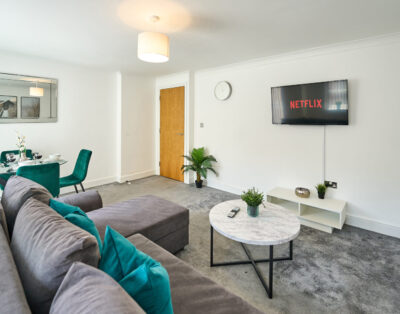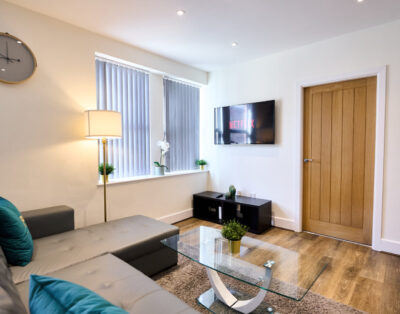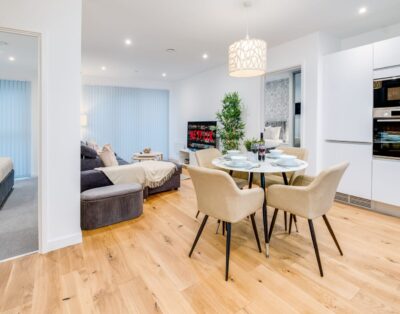Should You Increase the Prices of Your Airbnb Property in the UK?
As an Airbnb host in the UK, pricing your property correctly is one of the most critical decisions that can impact your occupancy rates, revenue, and overall guest satisfaction. With rising inflation, increased utility costs, and growing demand for short-term rentals in certain UK cities, you may be wondering: Is it the right time to raise my Airbnb prices?
Let’s break down when it makes sense to increase your prices, and how to do it strategically without deterring bookings.
📈 Why You Might Consider Raising Your Airbnb Prices
- Inflation and Rising Operational Costs
From electricity and heating to cleaning fees and supplies, running a short-term rental has become more expensive across the UK. If your current pricing doesn’t reflect your rising costs, you could be operating at thinner margins than necessary. - High Season Demand
UK cities like London, Edinburgh, Bath, and coastal hotspots like Brighton and Cornwall experience peak demand during holidays, summer months, and events. Raising prices during these times can significantly increase revenue without reducing demand. - Improved Property Value or Amenities
Have you recently renovated your property, upgraded your furnishings, or added amenities like fast Wi-Fi, a hot tub, or a workspace? These improvements can justify a higher nightly rate, especially for business travellers or long-term stays. - Competitor Benchmarking
If similar listings in your area are charging more for comparable or lower-quality accommodations, you may be underpricing yourself. Use tools like AirDNA, Wheelhouse, or Airbnb’s Smart Pricing feature to analyse local rates.
⚖️ When to Be Cautious About Price Increases
- Off-Peak or Low-Demand Seasons
During slower travel periods (e.g., January–February or mid-autumn), increasing prices may lead to fewer bookings. Dynamic pricing is key—don’t set one flat rate for the whole year. - Low Reviews or Lack of Social Proof
If you have few reviews or lower ratings, guests may not feel your property is worth a higher price. Focus on improving guest experience and gathering 5-star reviews before raising rates significantly. - Overpricing Without Added Value
Guests are willing to pay more, but they expect value in return. Raising your rates without upgrading your offering could hurt your ranking and reduce bookings.
💡 Best Practices for Increasing Your Airbnb Prices
- Use Dynamic Pricing Tools: These tools adjust your rates in real time based on demand, local events, and competitor pricing.
- Increase Gradually: Instead of a steep price jump, test a small 5–10% increase and monitor performance.
- Highlight Upgrades in Your Listing: Clearly communicate any new features or value that justify the price increase.
- Offer Discounts for Longer Stays: Encourage week- or month-long bookings with attractive discounts to offset higher nightly rates.
- Maintain a Great Guest Experience: Fast communication, cleanliness, and thoughtful touches will help you justify and sustain higher pricing.
🇬🇧 The UK Market Outlook
The short-term rental market in the UK is evolving. With a mix of domestic travel, rising interest in staycations, and a return of international tourists, demand is relatively strong in many areas—particularly in 2025. However, competition is also fierce, and Airbnb has introduced new visibility and quality standards that favour well-reviewed and competitively priced listings.
✅ Final Verdict: Is It Advisable?
Yes—if done strategically.
Raising your Airbnb prices in the UK can be a smart move if you factor in seasonality, demand, competition, and added value. Be data-driven and flexible. Use tools, stay updated on local market trends, and always put the guest experience first.

